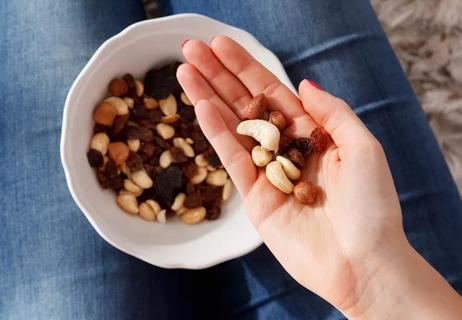Advertisement
What Are the Differences in Left vs. Right Brain Strokes?
Strokes in the left side of the brain are more common and the effects are typically more noticeable
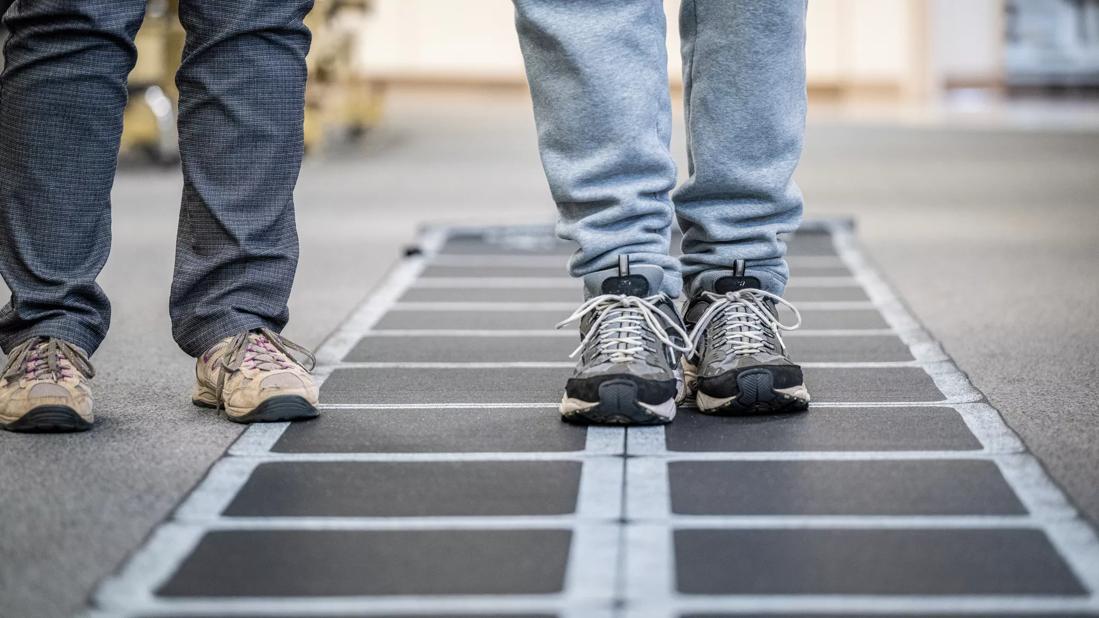
Your cerebral cortex is the largest part of your brain. It’s what houses functions like your voluntary movement, sensation, language, memory, thinking skills, problem-solving abilities, emotional responses and more. Other parts of your brain take care of the more automatic things in your body. Like breathing, heart rhythms and other reflexes.
Advertisement
Cleveland Clinic is a non-profit academic medical center. Advertising on our site helps support our mission. We do not endorse non-Cleveland Clinic products or services. Policy
But it’s your cerebral cortex that — more than any other part of your brain — makes you you.
So, when you have a stroke in your cerebral cortex, it can affect your personality, reasoning, speech and more. In short, a major stroke can seem to rob a person of themselves.
“When someone has a stroke, it’s a serious emergency. But after the immediate danger has passed, the effects of a stroke can range from unnoticeable to debilitating,” says vascular neurologist Shazam Hussain, MD. “The severity of the stroke and where it happens in the brain makes a big difference in your recovery and any lasting effects.”
Strokes are often talked about in terms of happening in the left or right hemisphere of the brain. What are the differences between left- vs. right-brain strokes? What can you expect if you or a loved one had one or the other?
Dr. Hussain explains.
Left vs. right brain strokes: What’s the difference?
A stroke happens when blood flow is cut off to certain parts of your brain. You can think of a stroke like your brain’s version of a heart attack.
“When parts of your brain don’t get enough blood, the cells in that area become damaged and die,” Dr. Hussain says. “When too many cells die, you can lose abilities that those cells were responsible for.”
The severity of the damage caused by the stroke also plays a big role in any lasting effects you’ll notice.
What’s more, the cells in the left hemisphere of your brain are responsible for certain tasks. Same with the cells on the right side of your brain.
But there’s some overlap. Some shared, undamaged parts, including those on the other side of your brain, may be able to pick up some of the slack.
Advertisement
A healthcare provider, like a neurologist, can see where a stroke has affected your brain through imaging tests, like CT scans or MRI scans.
Left-brain stroke
The left hemisphere of your brain controls most of your communication skills, such as your ability to form coherent sentences and understand what others are saying. It also helps with problem-solving, strategizing and analyzing. And it’s your left hemisphere that controls movement on the right side of your body.
“Strokes that affect the left hemisphere of the brain are often easier to recognize than strokes impacting the right hemisphere,” Dr. Hussain says.
Left hemisphere strokes are also diagnosed more frequently than right hemisphere strokes. Researchers aren’t yet sure whether that’s because they do, in fact, happen more commonly or if right hemisphere strokes are underdiagnosed because the effects can be tougher to spot.
Common effects of left-brain stroke
After a stroke in the left side of the brain, people can have trouble with some of the functions that are typically controlled by the left side of the brain.
One common issue is aphasia, or difficulty speaking.
“Stroke survivors frequently have speech and communication problems,” Dr. Hussain shares. “You may notice they have a hard time expressing language or understanding what is being said to them.”
The language center of the brain is in the left hemisphere in right-handed individuals and in 50% of those who are left-handed (15% of the U.S. population). But half of left-handed people have their language center on the right side of the brain. And some individuals can also have language centers on both sides of their brains.
Other common effects of left-hemisphere strokes include things like:
- Inability to effectively control or move the right side of your body.
- Numbness on the right side of your body.
- Being unable to understand what others are saying.
- Trouble reading, writing or dealing with numbers.
- Trouble seeing to the right side in both eyes.
Right-brain stroke
The right hemisphere of the brain controls movement in the left side of your body. It’s also responsible for things like your emotions and imagination. The right hemisphere of your cerebral cortex also helps with spatial orientation — which includes things like a sense of direction or recognizing when things are close to you versus farther away.
Common effects of right-brain stroke
Common right-brain stroke effects can include:
- Weakness or paralysis in the left side of your body, including your face, arms or legs.
- Neglecting the left side of your body, like not brushing the hair on the left side of your head, only eating off the right side of a plate or not noticing injuries on your left side. (Right-side neglect can happen in people with a left-brain stroke. But one-sided neglect is more common and often longer lasting in people who had a stroke in the right hemisphere.)
- One severe type of neglect can occur in right hemispheric strokes resulting in someone not being able to recognize that they have weakness or stroke (called “denial of illness”).
- Trouble seeing to the left side in both eyes.
- A shorter attention span.
- Changes in mood, such as depression or becoming more easily agitated.
- Impaired spatial orientation, like bumping into objects or having difficulty knowing how to get around a once-familiar place.
Advertisement
A stroke rehabilitation program can help people who’ve experienced a stroke to recover function and adapt to changes in their abilities. Healthcare providers may recommend rehabilitation programs like speech therapy, physical therapy, occupational therapy and cognitive therapy.
Other treatments, like medication and managing chronic conditions, can also play a big role in recovering from a stroke and preventing another one.
“Caring for someone who’s experiencing major changes after a major stroke can be a tough job — physically and emotionally,” Dr. Hussain acknowledges. “Talk openly with a healthcare team about the effects the stroke has had. And make sure to take care of your physical and mental health as well. It’s important.”
Advertisement
Learn more about our editorial process.
Advertisement
Related Articles
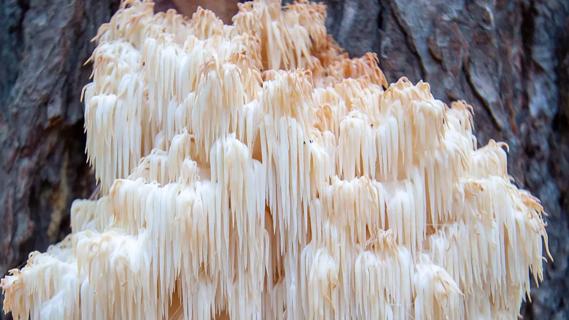
Health Benefits of Lion’s Mane Mushrooms
These trendy fungi may promote a healthy brain, heart and gut, but more research is needed to say for sure

Are You Eating Enough Choline-Rich Foods?
This vital nutrient helps your brain and body in many ways — and most of us need more of it

How Does Alcohol Affect Your Brain?
Even one drink can have an impact on your cognitive function leading to slurred speech, blurred vision and impaired memory
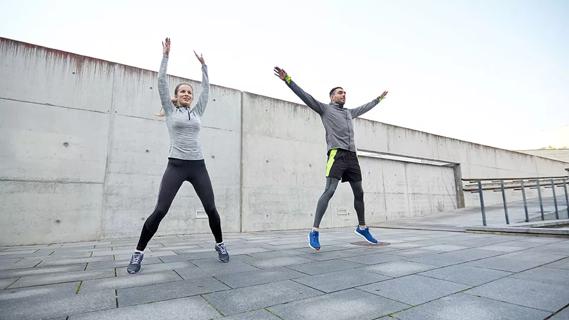
How Exercise Can Help Boost Your Memory
Cardio is great for improving cognition, but strength and balance training are just as important
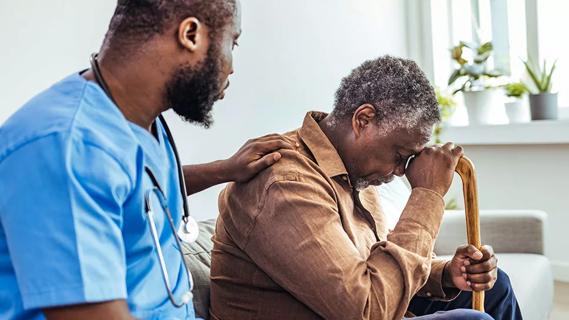
After Your Stroke: How To Handle 14 Common Complications
Your age, the type of stroke you had, the cause and the location can all impact your recovery
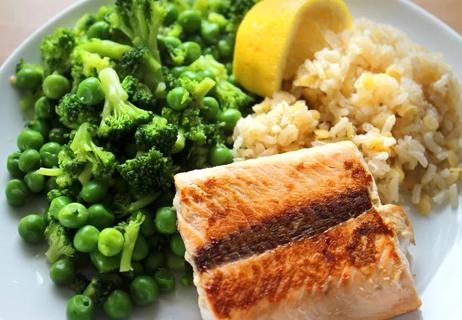
10 Tips for Changing Your Diet After a Stroke
It can be overwhelming, but habit changes help lower your risk of another stroke
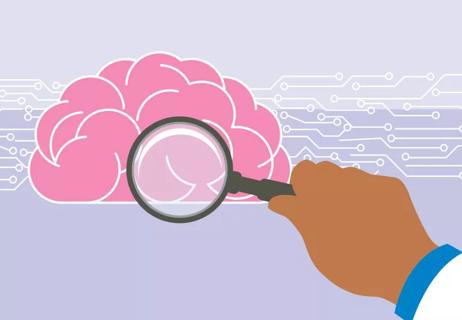
What Is Cleveland Clinic’s Brain Study?
This first-of-its-kind study aims to identify biomarkers of neurological disorders
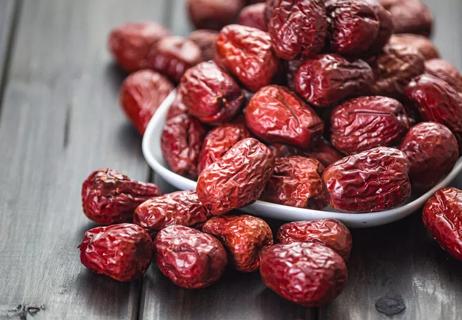
What We Know (and Don’t Yet Know) About Jujube Fruit’s Benefits
Jujube is nutritionally dense, but research is limited
Trending Topics

Here’s How Many Calories You Naturally Burn in a Day
Your metabolism may torch 1,300 to 2,000 calories daily with no activity

5 Sinus Massage Techniques To Relieve Pressure and Promote Drainage
A gentle touch in all the right places may help drain your sinuses
